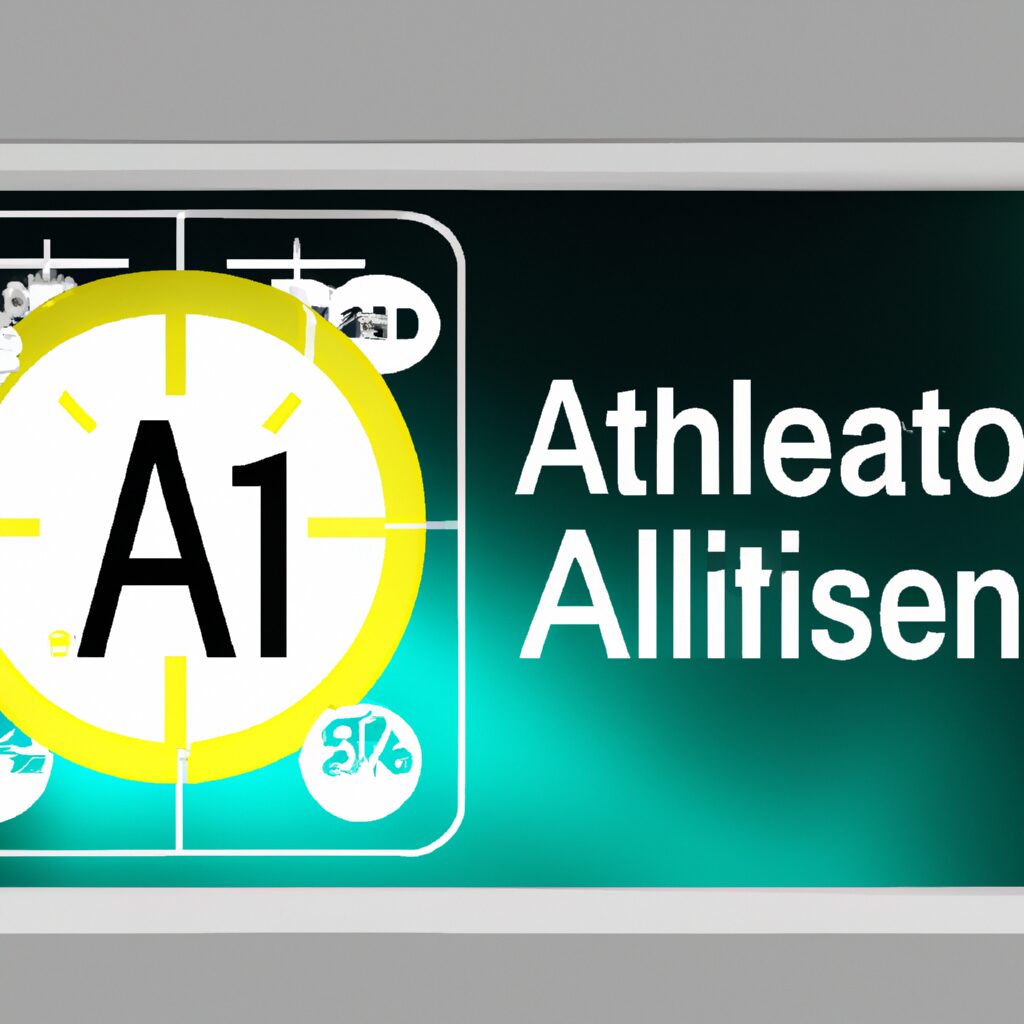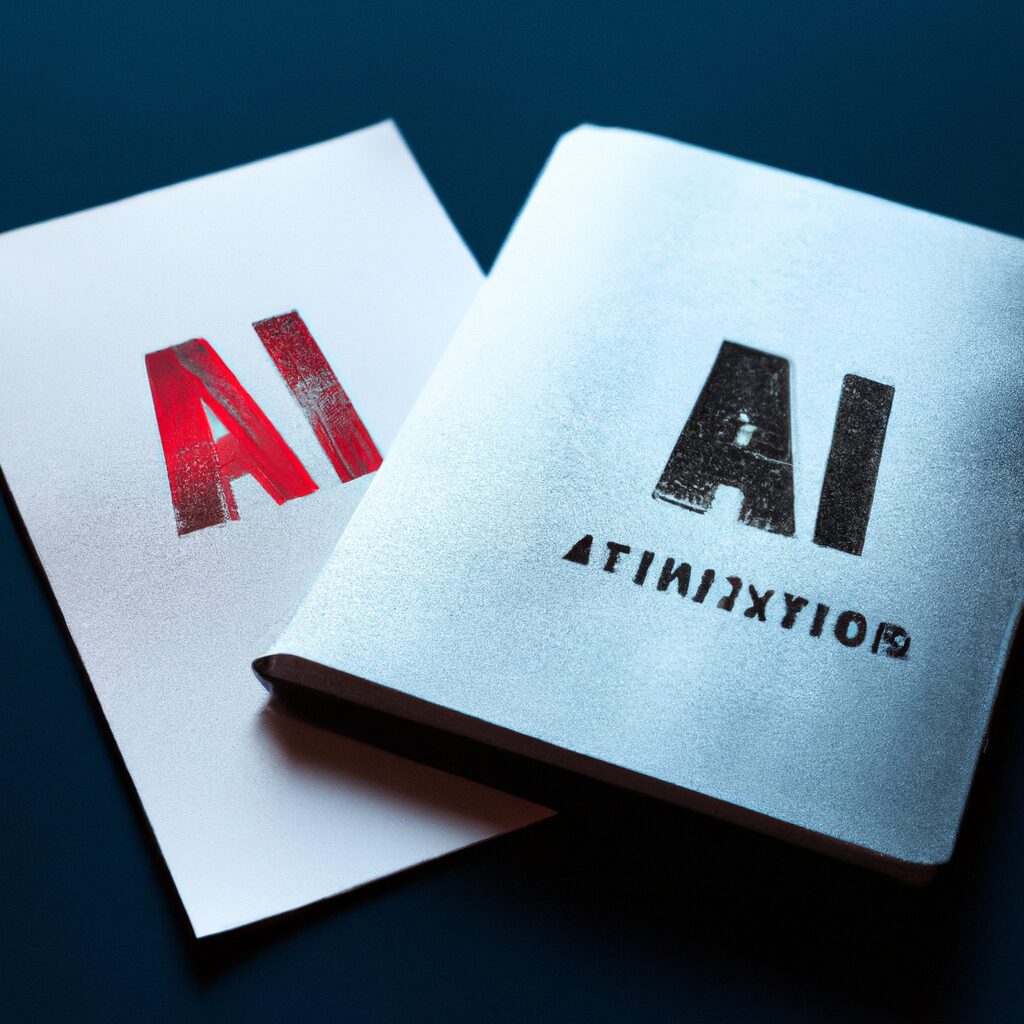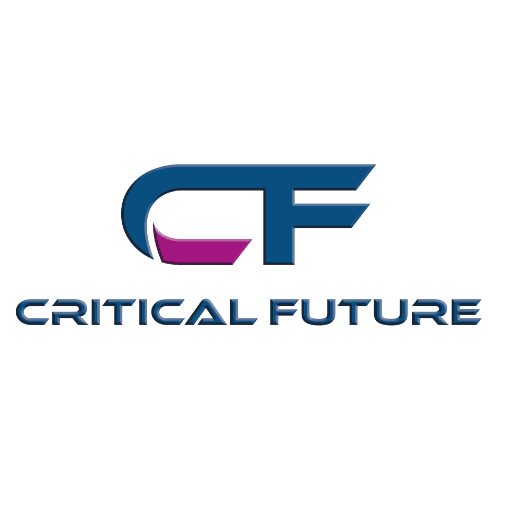The AI Revolution in Everyday Industries: From Automation to Personalization
- March 20, 2025
- Posted by: Mai - CF Brand Ambassador
- Category: Daily Blogs
Here is the fully formatted article with integrated AI-generated images for enhanced engagement:
The AI Revolution in Everyday Industries: From Automation to Personalization
Imagine a world where AI isn’t just a tool, but a partner in every aspect of life—fine-tuning your daily experiences, optimizing industries from manufacturing to marketing, and enhancing personal and professional growth. This isn’t a distant future; it’s the reality unfolding in 2025. AI is seamlessly integrating into our lives, revolutionizing the way we interact with the world.
What’s Driving This AI Trend?
In the past few years, AI has evolved from a theoretical possibility to a practical necessity. The trend towards automation has led to significant advancements in AI technologies, enabling machines to perform complex tasks with minimal human intervention. This shift is largely driven by improvements in neural networks, natural language processing, and data analytics. These technologies allow AI systems to learn from vast amounts of data, making them more intelligent and efficient.
One of the key drivers of this growth is the democratization of AI tools and platforms, making it easier for businesses of all sizes to leverage AI technologies. Cloud-based AI platforms and AI-as-a-Service models have reduced the barriers to entry, enabling more companies to experiment with and adopt AI solutions. This has led to an explosion of innovation across industries, from healthcare to finance, retail, and beyond.
Real AI Events Supporting This Trend
In March 2025, a landmark development in AI took place when a new AI-powered algorithm developed by a consortium of tech companies and research institutions demonstrated the capability to learn new languages in mere minutes. This breakthrough, driven by advancements in machine learning and cognitive computing, represents a significant leap forward in AI’s ability to process and understand human languages.

Furthermore, an AI system developed by a leading financial firm has shown the ability to predict market trends with unprecedented accuracy. By analyzing historical data alongside real-time market information, the system can identify patterns and provide actionable insights, thus enhancing decision-making processes in the finance industry.
Industry Applications
Industries across the board are beginning to implement these AI innovations, radically transforming their operations and customer interactions. For instance, in the healthcare sector, AI is used to streamline operations, assist in complex surgeries, and provide personalized patient care. In the automotive industry, AI-powered systems are being employed to enhance vehicle safety features and pave the way for fully autonomous driving experiences.

In retail, AI is helping businesses understand consumer behavior through data analytics, optimizing supply chains, and tailoring marketing strategies to individual preferences. Companies that have adopted AI solutions report increased efficiency, cost savings, and improved customer satisfaction.
The Future Implications of AI Advancement
“The potential of AI is limited only by our imagination. As these technologies mature, we will see even more profound changes in the way industries operate,” says Dr. Emily Greene, an AI ethicist and researcher.

Looking forward, AI promises to further blur the lines between man and machine, offering tools that enhance human capabilities and creativity. However, this trend also raises important ethical questions about privacy, data security, and the future of work. As AI systems become more autonomous, there is growing concern about their impact on jobs and the need for new laws and regulations to govern their use.
Experts predict that the integration of AI into everyday life will continue to accelerate, creating new opportunities and challenges for businesses and society. It is crucial for industry leaders and policymakers to collaborate to ensure that AI technologies are developed and deployed responsibly.
What This Means For Our Future
The rise of AI is reshaping the world, presenting both exciting possibilities and daunting challenges. As we embrace this technology, we must ask ourselves: How can we harness AI’s potential to build a better, more equitable future for all?
This article captures the current trends in AI for 2025, highlighting the transformative impact these technologies are having across industries while addressing future implications and ethical considerations.
